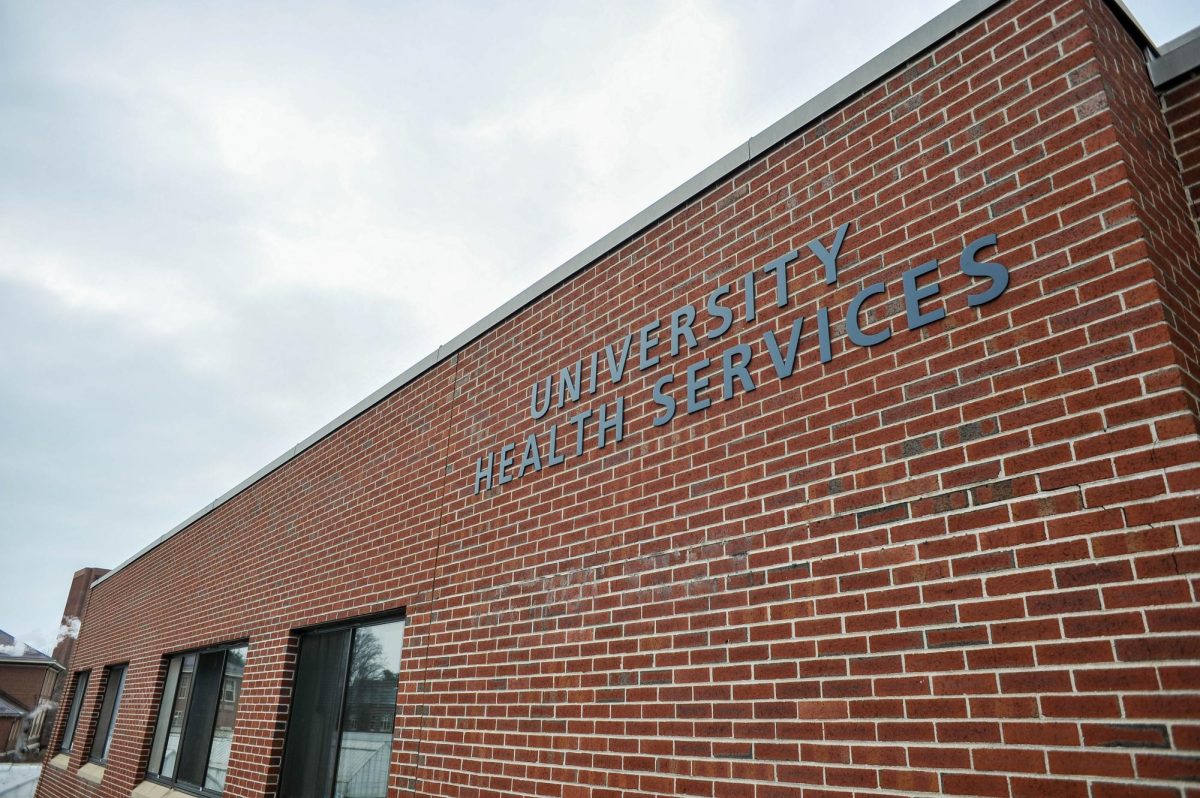Editor’s note: This author was granted anonymity for their personal safety per request.
When I was raped at the University of Massachusetts in the fall of 2002, I reported my rape to the University. I went to the dean’s office and was told to meet with one of the dean’s assistants to report my rape. I was a terrified 19-year-old who barely had words to describe the trauma I was experiencing. I sat in the lobby nervously, wringing paper in my hands that had become so wet with sweat that it began to stick to my hands. As I was wiping my hands onto my jeans to clean them, I was invited into an office with a middle-aged, grey-haired woman in a grey suit with bifocals. I sat down on the sticky, red leather chair across from her desk and stated that I had been raped at a fraternity.
The woman proceeded to pull out a piece of paper, which at the time was UMass’ Assault Report Form. The form asked me to fill out my name, residence, what had occurred and where it happened. I shakily filled in the information and hoped that this report would lead to something to help ease my pain. Once the form was filled in, I was informed that if I needed counseling, I should visit Every Woman’s Center, and that if I needed support with academics, I should talk to my professors.
She then said, “I am sorry this happened to you,” picked up the paper, opened the bottom drawer of a grey metal filing cabinet and placed the form inside. I could see that the cabinet was filled with papers. She then walked me out of the office.
I walked back to my dorm room in a daze, unsure of what to do or how to proceed. After this encounter, I felt more alone than I had before I reported my rape. I had thought that by reporting my assault, I would receive support from the University. What I received instead was an institution that wanted to file away my assault along with so many others and pretend that it didn’t happen. That was the end of the institution’s involvement in my recovery.
The recent allegations of sexual assault at UMass are painful. What is most painful yet unsurprising is the continued inaction of UMass and the Amherst police. “Every 68 seconds, an American is sexually assaulted. And every 9 minutes, that victim is a child. Meanwhile, only 25 out of every 1,000 perpetrators will end up in prison,” according to the Rape, Abuse & Incest National Network (RAINN).
Rape and sexual assault are systemic issues. The reason that rape is rarely prosecuted is that survivors are not believed. There is a cultural belief, be it conscious or not, that the survivor is at fault, and any evidence that they provide is hearsay. Therefore, rape becomes the survivor’s issue. Theirs to prevent through walking with pepper spray, not walking alone at night, not wearing a short skirt, not getting drunk, not living on the first floor and so on. Yet, we are still raped, assaulted and denigrated for our sex. The systems and institutions that are meant to protect us behave as if the assault is a shameful secret to be filed away and dealt with silently.
In response to the recent sexual assault allegations on campus, the student protest, and a call for a survivor’s bill of rights to be instated at UMass, the chancellor has sent out a few emails with boilerplate language stating that the University knows the “pain” this rape causes and how they “unequivocally” stand against sexual violence.
UMass emails to students with a list of resources have become the new office and metal filing cabinet. It is easier for the University and the police if these issues continue to be filed away into metal cabinets that will never be opened again. It is easier to ask for calm and ask those who are upset to send emails about their complaints rather than actually opening up space to hear directly from students and survivors how they can better support students who have been traumatized by sexual assault.
How long will it take for survivors to stop hearing, “is that all?” as was asked to McKayla Maroney by the FBI, while looking into the abuse allegations against Larry Nassar?
To be clear, I blame the frat boy for my rape, and I blame UMass and the Amherst Police for enabling a system that perpetuates rape and sexual assault.
Until UMass opens those file drawers and begins to address the fact that they have failed to protect their students, nothing will change.
Anonymous Letter Contributor




















Scott mcmorrow • Feb 15, 2022 at 6:09 pm
Thank you for sharing
My dearest friend was rapedby someone sheknewandtothis day
Some 40yearslatersheisstill reeling from the event.
Scott mcmorrow
Clinverness ca
Classof 1992-BScE